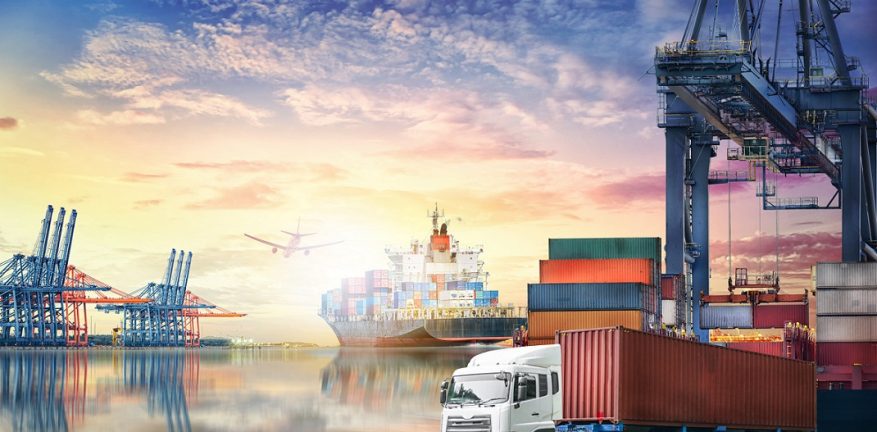In the ever-evolving landscape of global commerce, logistics services have emerged as a critical component in ensuring the seamless flow of goods and information. As we step further into the 21st century, the logistics industry is undergoing a profound transformation, driven by technological advancements, sustainability concerns, and the growing demands of a digital-first economy. Efficiency in logistics is no longer just about moving goods from point A to point B it is about redefining the entire supply chain to meet the demands of a rapidly changing world.

Sustainability at the Forefront
As climate change becomes an ever-pressing concern, the logistics industry is redefining efficiency by prioritizing sustainability. The traditional, linear supply chain model is being replaced by circular and sustainable supply chains. Companies are adopting eco-friendly practices, from utilizing electric or hybrid vehicles to reducing packaging waste. Last-mile delivery, a notoriously resource-intensive process, is being transformed with the introduction of electric delivery vehicles, drones, and even bicycle couriers in urban areas. Additionally, the use of alternative fuels and the optimization of transportation routes are reducing carbon emissions significantly. Incorporating sustainability into logistics is not just about reducing the carbon footprint. It is also about creating a resilient supply chain that can weather disruptions caused by climate-related events. By diversifying suppliers and transportation modes, interisland logistics can reduce their vulnerability to supply chain disruptions, ensuring that products reach consumers efficiently, even in challenging circumstances.
The Digital-First Economy
The rise of e-commerce and the digital-first economy have redefined customer expectations for logistics services. Today’s consumers expect rapid and convenient delivery options, with the ability to track their orders in real-time. To meet these demands, logistics companies are investing heavily in digital platforms and customer-centric solutions. Supply chain visibility and data analytics play a crucial role in optimizing the customer experience. Companies are harnessing data to predict demand, manage inventory efficiently, and provide accurate delivery estimates. This not only reduces costs but also enhances customer satisfaction by minimizing delays and ensuring products are in stock when needed. Moreover, the shift towards digitalization has opened up new opportunities for collaboration and innovation. Ecosystems of logistics providers, retailers, and technology companies are forming to create seamless end-to-end solutions. These partnerships allow for the integration of logistics into the entire value chain, reducing friction and optimizing efficiency.
Efficiency in logistics services for the 21st century is about more than just moving goods from one place to another it is about harnessing technology, prioritizing sustainability, and meeting the evolving demands of a digital-first economy. The logistics industry is redefining itself to align with these new paradigms, offering innovative solutions that benefit businesses, consumers, and the planet. As we move forward, the logistics sector will continue to evolve, embracing emerging technologies like autonomous vehicles, machine learning, and advanced analytics. Sustainability will remain a core focus, with companies working towards carbon-neutral supply chains and environmentally responsible practices. And in the digital-first economy, customer-centric solutions will be paramount, ensuring that the seamless flow of goods and information meets the expectations of a connected world.